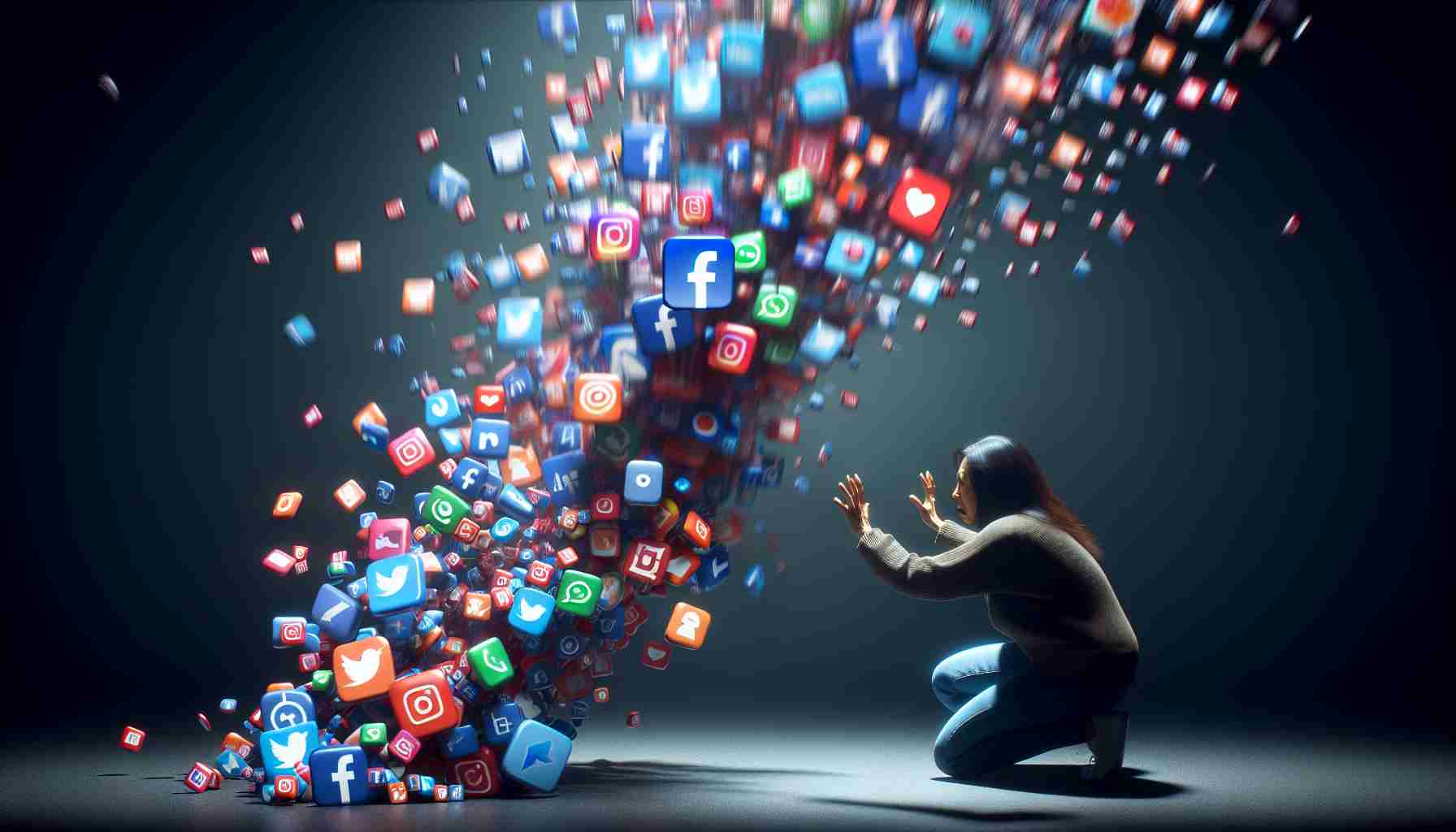Recent studies have shed light on the profound impact of social media on mental health. These platforms, once celebrated for their ability to connect people, have now become a breeding ground for anxiety, depression, and low self-esteem. While social media has its advantages in terms of communication and information sharing, it is crucial to acknowledge the negative consequences it can have on our mental well-being.
The constant exposure to carefully curated online profiles has led many individuals to experience feelings of inadequacy and comparison. Seeing others enjoying seemingly perfect lives can generate unrealistic expectations and a sense of dissatisfaction with one’s own life. Social media has become a platform where people showcase their highlight reels, perpetuating a cycle of comparison and self-doubt.
Moreover, social media can also contribute to feelings of isolation and loneliness. Spending excessive amounts of time scrolling through feeds, liking and commenting on posts, can create a false sense of social connection. While it may seem like we are engaging with others, these interactions are often superficial and lacking in genuine emotional connection. This can further exacerbate feelings of loneliness and isolation.
Furthermore, the relentless exposure to online negativity and cyberbullying can have severe implications for mental health. The anonymity provided by social media platforms has empowered individuals to express harmful and hurtful opinions without fear of repercussions. This has led to an increase in incidents of cyberbullying, which can have devastating effects on the mental well-being of its victims.
It is vital to recognize the impact social media can have on mental health and take steps to mitigate its negative effects. Finding a balance between online and offline activities, setting limits on social media use, and cultivating genuine social connections in real life are all crucial steps towards protecting our mental well-being in the digital age.
In summary, while social media has undoubtedly transformed the way we connect and communicate, it is important to be aware of its potential negative consequences. The impact of social media on mental health should not be underestimated, and individuals must take proactive measures to ensure their well-being in this digital era.
The impact of social media on mental health extends beyond individual well-being and has implications for the industry as a whole. As the popularity of social media platforms continues to grow, the industry faces various challenges and opportunities.
One significant issue is the need to address the concerns raised by researchers and mental health professionals regarding the negative effects of social media. As more studies highlight the correlation between excessive social media use and mental health problems, there is a growing demand for the industry to take responsibility and implement measures to protect users.
Moreover, the industry also faces the challenge of ensuring user privacy and data security. Social media platforms collect vast amounts of user data, raising concerns about how this information is used and shared. There have been several high-profile data breaches and controversies surrounding the misuse of user data, highlighting the need for stricter regulations and enhanced security measures.
Additionally, the industry must navigate the evolving landscape of regulatory frameworks. Governments around the world are increasingly scrutinizing social media platforms and introducing regulations to address issues such as misinformation, hate speech, and harmful content. Compliance with these regulations while maintaining user engagement and freedom of speech poses a significant challenge for social media companies.
Despite these challenges, the social media industry continues to experience substantial growth and offers significant market potential. According to market forecasts, the global social media market is projected to reach a value of billions of dollars in the coming years. This growth is driven by factors such as the increasing adoption of smartphones and internet connectivity, the rise of influencer marketing, and the growing popularity of video content.
Furthermore, social media platforms are constantly innovating and introducing new features and technologies to enhance user experience and engagement. From augmented reality filters to live video streaming, these advancements provide opportunities for businesses and content creators to reach larger audiences and generate revenue.
Nevertheless, the social media industry must address the concerns surrounding mental health and take proactive steps to promote user well-being. Implementing features such as time management tools, content moderation algorithms, and resources for mental health support can help mitigate the negative effects of social media on mental health.
In conclusion, the social media industry faces challenges related to mental health implications, user privacy, regulatory frameworks, and data security. However, it also presents significant market opportunities and ongoing technological advancements. Recognizing the impact of social media on mental health and addressing these concerns is crucial for the industry’s long-term success.







